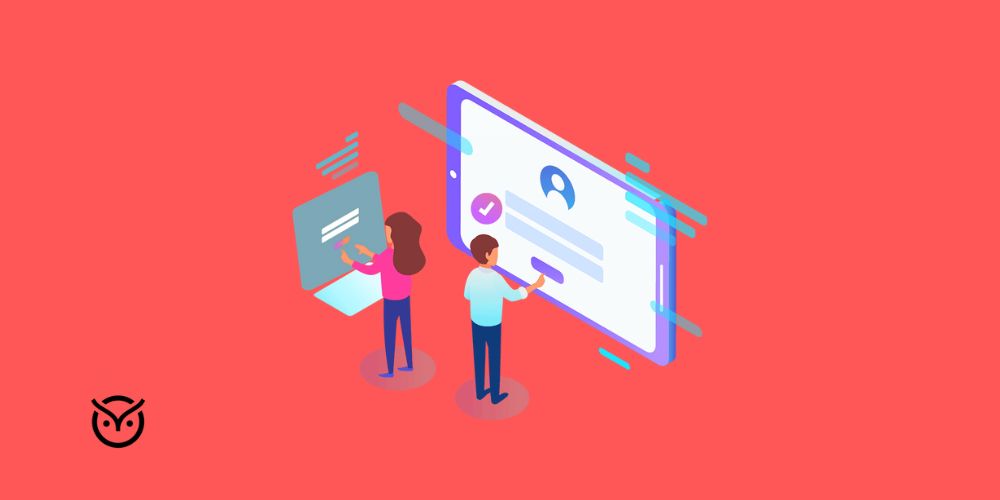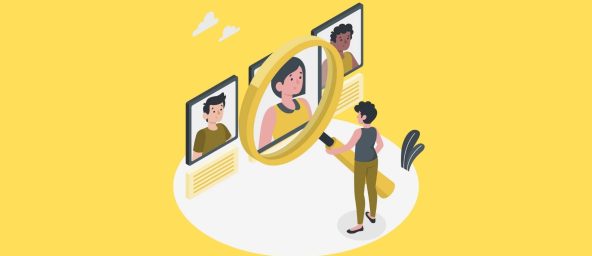
TL;DR
- Use AI tools for talent assessment to practice real test formats.
- Know the main types of employment tests before you start.
- Let AI guide you on how to answer talent assessment questions.
- Practice in real test conditions to stay calm and confident.
- Learn innovative strategies to pass talent assessment tests easily.
Preparing for job tests can feel stressful, especially when every company seems to use different assessments. Candidates worry about timing, tricky questions, and how fair these tests really are. This is why many people search for how to prepare for employment tests with AI so they can walk in with more clarity and confidence.
AI makes this process easier. You get guided practice, instant feedback, and tools that adjust to your skill level. With the proper steps, you can train smarter, understand your strengths, and walk into any test feeling steady and prepared.
Understanding the Types of Employment Tests
Before using AI to prepare, it helps to know what you’re up against. Most companies today rely on a mix of tests to understand how you think, how you work, and how you behave. A 2024 SHRM survey found that about 54 percent of companies now use pre-employment assessments to evaluate a candidate’s skills, knowledge, and abilities before making hiring decisions.
Cognitive Ability Tests
These measure reasoning, logic, problem-solving, and attention. Many modern hiring platforms use AI-assisted cognitive testing tools to make these assessments more accurate and adaptive.
Personality and Work-Style Tests
These tests look at behavioral tendencies. They aren’t about “perfect” answers. They measure consistency and self-awareness.
Skills Tests
These check role-specific abilities like writing, coding, sales scenarios, data entry, or analytical thinking.
Situational Judgment Tests
Also known as SJTs, these measure how you react to workplace scenarios. They directly relate to how to answer talent assessment questions, since you must choose the most effective response.
Psychometric Assessments
Used to understand cognitive style, reasoning, preferences, and emotional decision-making. Some platforms even use AI psychometric assessment tools to compare your responses with job-relevant patterns.
How AI Helps You Practice Assessment Questions
AI gives you a more personalized and realistic way to train. Instead of generic practice questions, you get simulations that mirror the structure of modern talent assessment platforms.
Instant Feedback on Your Reasoning
AI doesn’t just mark answers right or wrong. It explains why. This helps you learn how to pass talent assessment test items that normally feel confusing. Some learning platforms report that real-time feedback can enhance knowledge retention by up to 36 percent when paired with active practice.
Adaptive Practice That Adjusts to Your Level
AI tools detect where you struggle and adjust difficulty. This mirrors the adaptive logic used in many employer tests, which become harder when you’re performing well.
Scenario-Based Guidance
AI can walk you through how to break down situational or behavioral questions. It helps you understand structure, logic, and tone without giving robotic answers.
Real Test Environment Simulations
AI lets you time yourself, take full mock tests, and get performance reports. This prepares you for real conditions instead of guessing what test day will feel like.
Strategies to Pass Talent Assessment Tests
You don’t need to guess your way through assessments. With the right steps, you can boost your accuracy and speed while staying calm. AI helps you understand how to answer talent assessment questions by breaking them into manageable steps.
Practice in Short, Consistent Sessions
Short daily practice helps your brain retain patterns faster. AI systems track your improvement automatically so you know which areas need polishing.
Focus on the Question Style
Most tests follow patterns. For example, cognitive questions often repeat logic types, number patterns, or verbal reasoning structures. AI highlights these patterns so you learn them faster.
Review Your Mistakes
You learn more from the questions you get wrong. AI explains the reasoning behind each mistake, helping you improve without repeating the same errors.
Use Role-Aligned Practice
If you’re applying for a sales, operations, or tech role, AI can generate role-specific problems. This helps you understand how to pass talent assessment test formats that match what employers actually use.
Reducing Test Anxiety with AI Preparation Tools
Many candidates struggle not with ability but with pressure. AI helps reduce stress by giving you structure and familiarity. When the test format feels familiar, anxiety naturally drops.
Build Confidence with Realistic Mock Tests
AI simulations feel close to what companies use. This removes uncertainty, which is often the most significant cause of nervousness.
Use Step-by-Step Coaching
Some tools explain how to think through a question, giving you calmer, more organized ways to handle challenging moments.
Track Small Wins
AI progress dashboards show your growth in simple steps. Even small improvements can lift your confidence and take some of the worry out of test day.
Conclusion
Preparing for job assessments no longer has to feel confusing or stressful. AI gives you structure, feedback, and practice that fits the real test environment. When you understand how these assessments work and train with the right tools, you build clarity and confidence. With practice and guided support, you walk into any employment test feeling ready, steady, and capable.
FAQs
Practice regularly with timed questions and review your reasoning after each session. AI-based tools help you spot patterns, strengthen logic, and build quicker responses over time.
No. Personality tests measure consistency and honesty, not perfection. Employers want to understand your natural traits, not idealized responses.
Yes. AI can provide structured ways to frame your answers, helping you practice clear explanations for workplace scenarios.
Most candidates benefit from at least one to two weeks of steady practice. Short daily sessions are better than cramming, and AI tools help you focus on the areas you need most.




